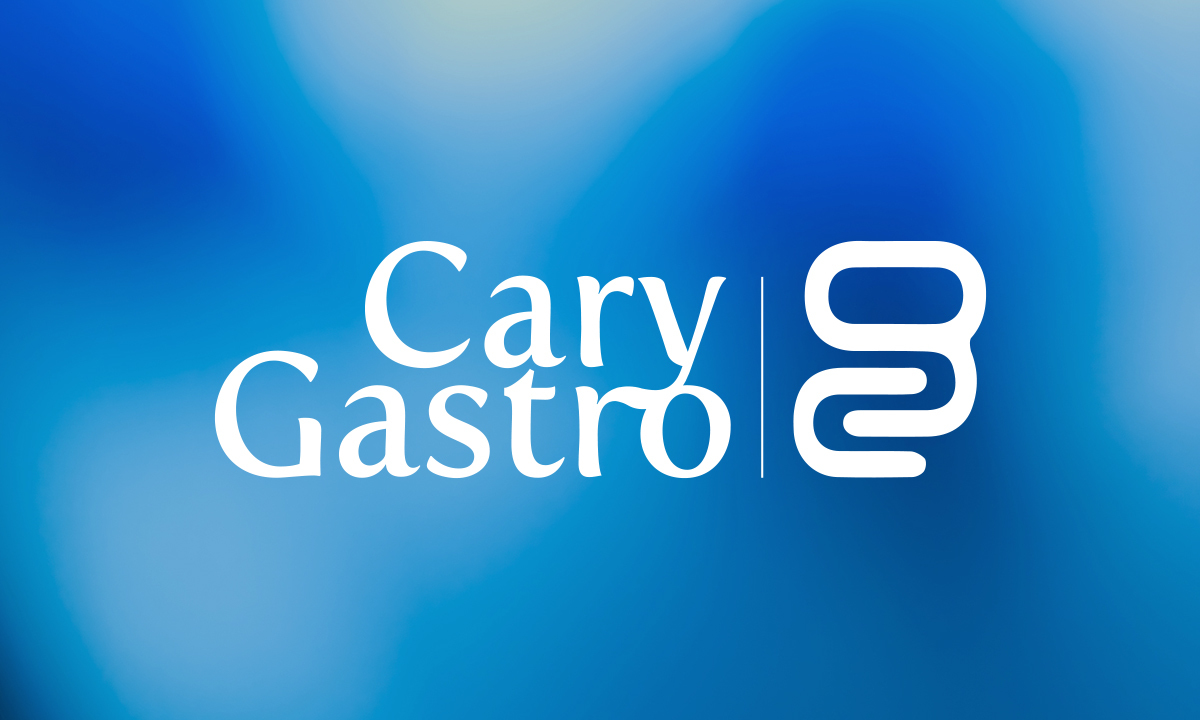
Preparing for a colonoscopy? Go ahead and eat!
Colonoscopy is a potentially life-saving procedure and the gold standard for colon cancer screening and prevention, but is only successful if the bowel is completely cleansed beforehand. This is an involved process, and for many patients represents one of the greatest barriers to having a colonoscopy. In truth, most people tolerate the colonoscopy “prep” process without any difficulty. But some don’t. Traditionally, gastroenterologists recommend a clear liquid diet (no solid food) for the entire day before the procedure, and upwards of 36 hours depending on the timing of the test. This is followed by a split bowel prep, which involves drinking 2 separate doses of a liquid laxative. This usually doesn’t taste very good, and can cause problems (nausea, vomiting, cramps) after fasting all day.
But what if we let patients eat the day before a colonoscopy? Is a clear-liquid diet really a necessary evil?
Well, emerging evidence would suggest that NO, it is not necessary. In fact, multiple randomized, controlled studies have shown that allowing patients to eat the day before a colonoscopy improves prep tolerance, increases patient satisfaction, and improves willingness to repeat the test in the future. Most importantly, the quality of the bowel cleanout in these studies was identical whether patients ate or not. A more recent study, presented at Digestive Diseases Week (the major GI society meeting) in May, suggested that eating the day before a colonoscopy may actually improve the quality of the bowel cleanout. This is wild stuff. But it also makes sense. If you are starving, queasy, and fatigued, it will be more difficult to drink a salty, bitter bowel prep. And the results will suffer.
So what does this mean?
As a practice, we are going to follow evidence-based medicine and shake things up. For the majority of our patients, we will now allow a light breakfast and small snack the day before a colonoscopy. Importantly, these meals must be “low-residue” – no nuts/seeds/vegetables, which are more difficult to wash out later. Overall, we anticipate that this will improve the colonoscopy process and minimize one of the major barriers to the test, without compromising the quality of the exam. We think this is a step in the right direction.
Click here to see our updated prep instructions, including low-fiber diet options.